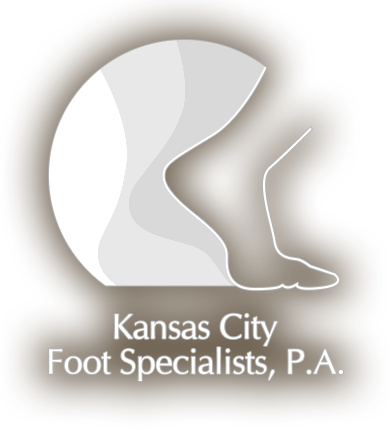Types of Achilles tendinitis
There are two types of Achilles tendinitis — non-insertional and insertional, but in both, the sheath around the tendon becomes inflamed and the tendon itself becomes hardened and stiff (called calcification). In non-insertional tendinitis, numerous micro-tears occur in the middle portion of the tendon, causing swelling and thickening. Non-insertional tendinitis is more common in fit, active, younger people. Insertional tendinitis occurs where the Achilles tendon attaches (inserts) to the heel bone (the calcaneus), and often involves the growth of a bone spur. Insertional tendinitis affects both active and inactive patients.
Causes
Achilles tendinitis is typically the result of repetitive stress rather than a specific injury. Such stress is often related to a sudden increase in exercise intensity, tight calf muscles, or the growth of a bone spur that rubs against the Achilles tendon. Excessively high or flat arches combined with poor arch support in the shoes add to the likelihood of developing Achilles tendinitis, as does running on slanted, uneven, or hard surfaces. Aging may also be a contributing factor.
Symptoms
It is important to distinguish between the symptoms of Achilles tendinitis and a rupture, or tear, of the Achilles tendon. If you feel a sudden popping sensation at the back of the calf or heel, consult your podiatrist at Kansas City Foot Specialists immediately, as such a sensation is associated with an Achilles tendon tear that can be debilitating if not treated properly.
Symptoms of Achilles tendinitis often occur gradually, and typically include:
- Aching or burning sensations in the tendon
- Pain or stiffness along the back of the heel and lower portion of the calf
- Worsening pain along the Achilles tendon with increased activity
- Thickening of the tendon
- A bone spur at the attachment point of the tendon
- Persistent swelling that worsens with increased activity
- Decreasing range of motion of the ankle over time
Diagnosis and treatment
If you suspect that you have Achilles tendinitis, make an appointment with your podiatrist at Kansas City Foot Specialists right away for a thorough examination and to explore your treatment options. Your podiatrist will talk with you about your symptoms, how and when they started, and associated factors. Your podiatrist will also physically examine your foot, ankle, and lower leg, and will perform a series of tests ranging from physically manipulating your foot, ankle, and leg; feeling for unusual warmth, swelling, or deformity; and looking for redness, bruising, or swelling. Depending on what your podiatrist finds during this interview and examination, you may be sent for radiology studies, and may possibly undergo an MRI to look for damage to the tendon, the sheath around it, or other tissues in the ankle and foot. A regular x-ray may be done to rule out a fracture or to look for bone spurs or calcification.
If your podiatrist determines that you do indeed have Achilles tendonitis, treatment will begin conservatively with rest, ice, anti-inflammatory medications, and physical therapy. Physical therapy often includes calf-stretching exercises and carefully supervised strengthening exercises. Many patients also find help in the form of custom orthotics (shoe inserts) or heel inserts. In severe cases, treatment may include temporary immobilization with a stiff walking boot in order to relieve pressure on the Achilles tendon during walking. Your podiatrist may decide whether you are a good candidate for extracorporeal shockwave therapy (ESWT), which is a technologically advanced specialty treatment offered by Kansas City Foot Specialists. Surgery is a last resort for Achilles tendinitis. Most patients respond well to conservative treatment, but the healing process can be long and requires patience and working in cooperation with your podiatrist in order to achieve the best possible results.
If you suspect that you have Achilles tendinitis, the podiatrists at Kansas City Foot Specialists are here to help. Call us today at 913-338-4440 to schedule an appointment. Dr. Laha, Dr. Phillips, and Dr. Hall are committed to getting you back on your feet in no time. We look forward to hearing from you.




